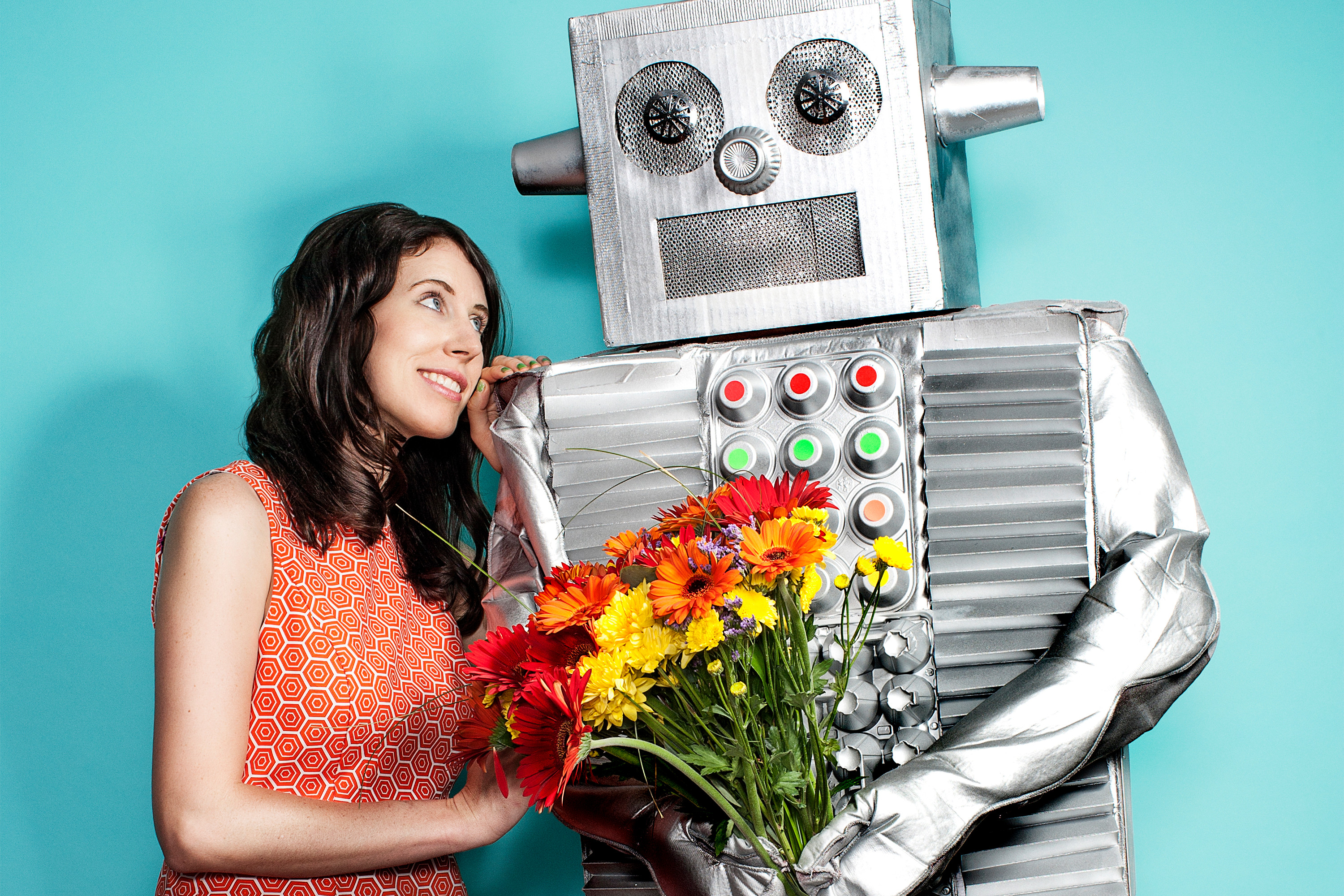Compared with men, women are less likely to be robbed by robots to work?

According to a study released on Friday by Netease Smart News, on Friday, by the beginning of the 1930s about one-third of jobs in the UK could be replaced by robots and 10 million Britons would be affected. However, women are less likely to face layoffs.
According to a survey conducted by PricewaterhouseCoopers, 30% of jobs in the UK may be converted to automation, compared with 38% in the United States, 35% in Germany, and 21% in Japan.
However, the researchers said that this does not necessarily lead to a reduction in employment, because jobs may only change, not disappear.
But the difference between men and women is clear. PwC estimates that 35% of male jobs will face the risk of being replaced, compared with 26% of females who work in education and health. The proportion of women is high.
Male employees are more engaged in jobs that require less education, such as transportation and manufacturing.
John Hawksworth, PwC's chief economist, said that in the future, employees, both men and women, will "must adapt to this society more than to cling to stereotypes." He said that this will give men and women an opportunity to break the traditional gender gap and will also promote their career development if they can improve their skills or gain training opportunities.
He told the Thomson Reuters Foundation: "The whole society will become more fluid."
However, whether these changes will have an impact on the gender-induced income gap is still uncertain.
According to the National Bureau of Statistics, British women’s average income in 2016 is about 18% lower than that of men.
(English source /nypost compiler / machine reviser / rain egg)

Nanning Ousibang Information Technology Co., Ltd. , https://www.ousibangvape.com